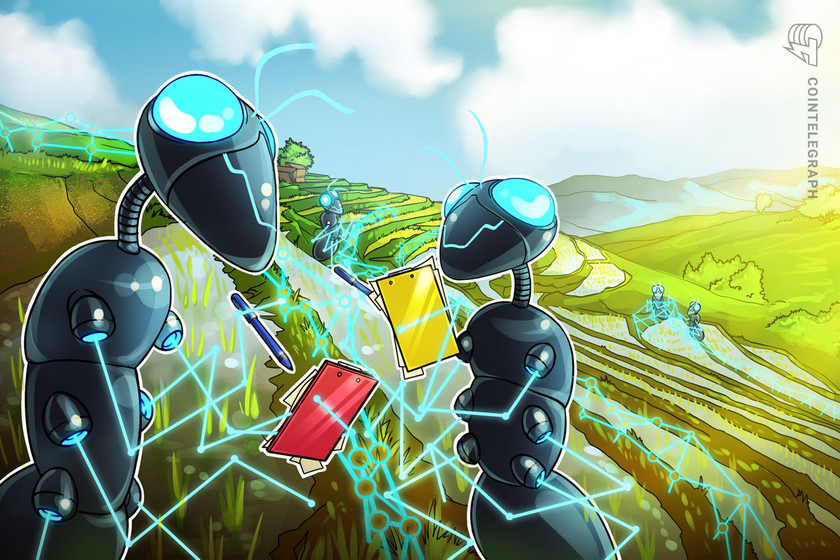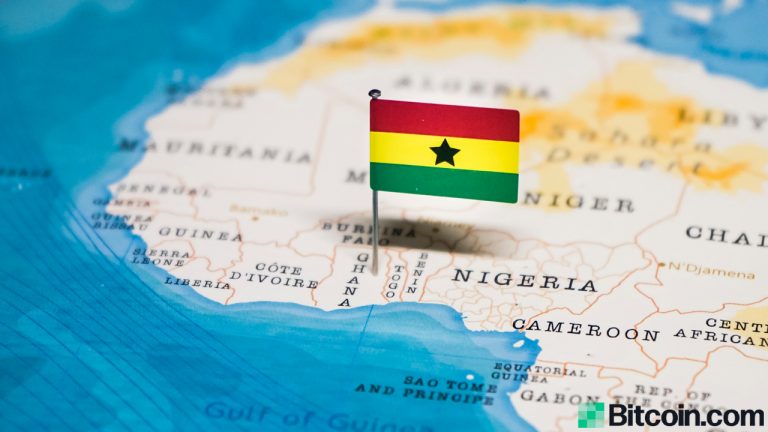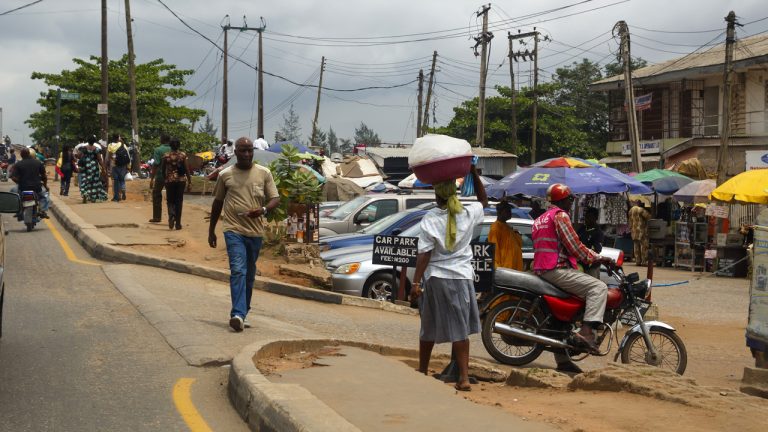
Koa aims to help Ghanian farmers increase their pay while allowing cocoa consumers know exactly where their beans have come from.
Cocoa product startup Koa launched a blockchain-based program this week that improves the transparency of its cocoa supply chain and ensures its Ghanaian farmers are being paid properly.
The program is supported by partnerships with German supply chain company Seedtrace and South African telecoms company MTN Group. Koa said it hopes to “improve transparency and accountability” by ending what it calls “scandals and cocoa farmer poverty.”
Corporations such as Oreo and Chips Ahoy producer Mondelez have been accused of paying farmers a rate below a living wage by the Conseil du Cafe-Cacao which regulates cocoa production in Ivory Coast and Ghana. Koa believes publicly documenting payment records on a blockchain can eliminate such practices.
Seedtrace provides the platform for Koa’s supply chain infrastructure. The platform utilizes the Topl blockchain to record data about the production and distribution of cocoa. Farmers use the data to know where their products have gone and how they are being used, while consumers can easily track the origin of the ingredients in their food and to ensure the farmers were paid properl for their work.
Koa managing director and co-founder Anian Schreiber told industry publication Candy Insider on Mar. 16 that: “We want to get rid of long, non-transparent supply chains.” He believes that promises of ethical business operations are not enough, that they should be easy for consumers to audit.
“Instead of claiming good practices, we put our cards on the table to let the consumers witness each transaction to farmers.”
Data about product movement and payments is collected and shared by MTN Group. The company inputs payment data onto Seedtrace’s platform, which confirms the location and amount paid for the products at each waypoint on the supply chain.
This system also capitalizes on Ghana’s June 2021 push to reduce theft attacks on farmers by mandating they be paid digitally rather than in cash. Through MTN, the record of farmers’ digital payments is stored on the public blockchain.
Ghana is the world’s second largest cocoa bean producer according to OEC World. The average Ghanian farmer earns about $6,183 per year according to the Average Salary Survey.
Koa is not the only company to adopt blockchain for supply chain tracking recently. North American retail behemoth Walmart Canada has begun using distributed ledger technology (DLT) in its supply chain operations over the past year.
Related: Project aims to take on SAP ERP with decentralized apps
Via a collaborative effort between Walmart Canada and technical enterprise solutions firm DLT Labs, the DL Freight supply chain network was launched in March 2021. Harvard Business Review wrote in January that DL Freight utilizes a closed (private) blockchain to record shipping data, and has seen the rate of invoice disputes decrease to less than 1% from 70% before the network was launched.
Walmart also uses computer giant IBM’s Hyperledger Fabric platform to track and trace food borne illnesses. According to Nasdaq, the system has “cut the time it takes to find specific data on food items from 7 days to just over 2 seconds.”







